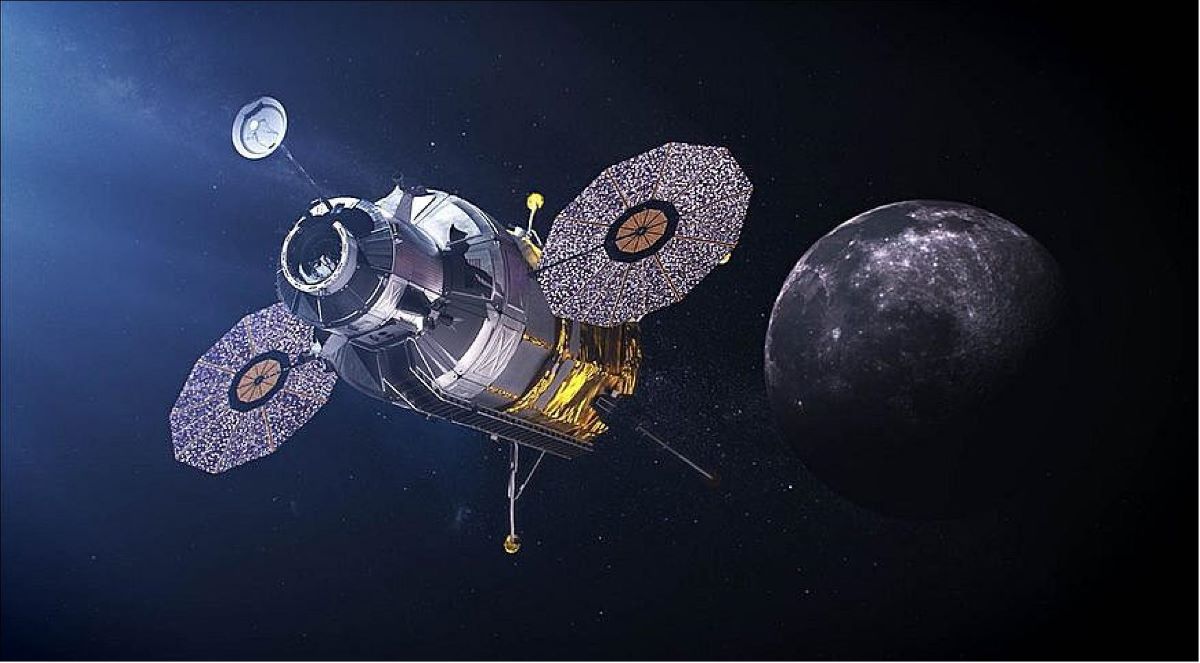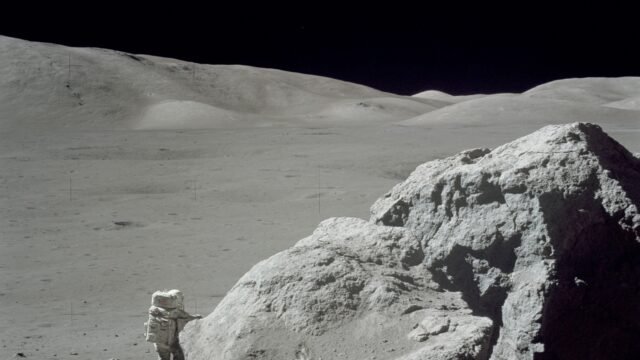The Indian Space Research Organization (ISRO) and the National Aeronautics and Space Administration (NASA) agreed to collaborate on a trip to the International Space Station (ISS) in 2024 among many other joint statements.
As part of their preparation for the ISS mission, NASA and ISRO will collaborate this year to develop a strategic framework for human spaceflight cooperation by the end of 2023. NASA will also train Indian astronauts at its Johnson Space Center in Houston, Texas.
The announcement was made during Indian Prime Minister Narendra Modi’s first state visit to the US, where he met with President Joe Biden at the White House on Thursday.[1].
Now, India has officially become a signatory of the Artemis Accords, a non-binding collection of principles intended to direct civil space research and utilization in the twenty-first century led by the United States, they are based on the Outer Space Treaty of 1967 (OST).
The accords aim to facilitate a manned return to the moon by 2025, as well as explore other destinations such as Mars and asteroids and outline a common vision for space travel and exploration that promotes transparency, safety, and responsible use of resources
“On space, we will be able to announce that India is signing the Artemis Accords, which advance a common vision for space exploration for the benefit of all humankind,” a senior administration official said hours before the meeting between Prime Minister Narendra Modi and President Joe Biden in the Oval Office.
The leaders also hailed the delivery of the NASA-ISRO Synthetic Aperture Radar (NISAR) satellite to ISRO’s U.R. Rao Satellite Centre in Bengaluru, India, and looked forward to NISAR’s 2024 launch from India
The satellite will provide high-resolution images of the Earth’s surface for various applications such as disaster management, agriculture, and climate change
NASA and ISRO will collaborate this year to build a strategic framework for human spaceflight.
Apart from the space industry, In semiconductors, US businesses are collaborating with Indian businesses to create an ecosystem that encourages supply chain diversification.
Micron Technology announced an investment of more than USD 800 million that, combined with further financial support from Indian authorities, will equate to a USD 2.75 billion semiconductor assembly and test facility in India.
Other announcements include the opening of a new semiconductor commercialization and innovation center in India by US Applied Materials and a training program for 60,000 Indian engineers.
The leaders also discussed the potential of quantum technology, which uses the principles of quantum physics to perform tasks that are impossible or impractical with classical technology.
They welcomed the launch of the Quantum Technology Initiative (QTI) in January 2023, which aims to foster collaboration between government, industry, and academia on quantum science and technology.
And agreements establish a Quantum Science and Technology Working Group under the iCET to advance joint research and development projects on quantum computing, communication, sensing, and metrology, were made.
The joint statement from the White House said that the space cooperation between India and the US reflects their shared values and commitment to advancing scientific discovery and innovation for the benefit of humankind.
References
- The White House, ‘Joint Statement from the United States and India‘, 22 June 2023, https://www.whitehouse.gov/briefing-room/statements-releases/2023/06/22/joint-statement-from-the-united-states-and-india/[↩]





